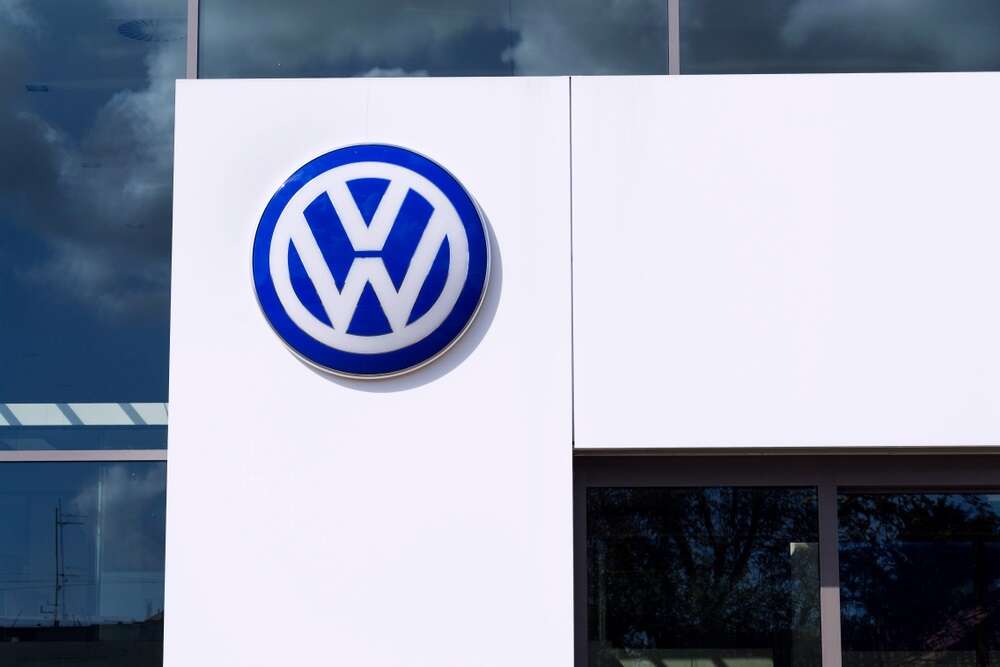
Volkswagen (VW) has founded its own AI incubator. Named simply the ‘AI Lab,’ the German automotive giant said that its new spin-off firm would source and hone new product ideas within the wider Volkswagen group. Most of this R&D work would be accomplished internally, Volkswagen implied, though the firm did not preclude forging future connections with relevant AI pioneers in the European, North American and Chinese tech sectors.
“We aim to link external digital ecosystems with the vehicle, creating an even better product experience,” said the Volkswagen Group’s chief executive, Oliver Blume. “Collaboration with technology companies is crucially important for us. In future, we intend to simplify cooperation in organizational and cultural terms.”

Volkswagen AI Lab will streamline in-house tech projects
By establishing AI Lab, the Volkswagen Group aims to rapidly develop prototypes it can implement and distribute throughout its brands, such as Porsche. These could include novel in-car entertainment systems and navigation software, as well as assisted driving capabilities.
While it won’t be involved in producing models, the Volkswagen AI Lab will nonetheless identify new product ideas that utilise AI and make the case for implementing them within the Volkswagen Group. The incubator’s AI experts will work closely with all brands in the group, liaising with a supervisory board comprising of senior members of the respective brand groups, including Volkswagen, Porsche and Audi.
“With our new ‘AI Lab’, we are combining technological expertise, flexibility and speed in collaboration with external partners. This will be crucial in the highly dynamic AI sector,” says Michael Steiner, head of Volkswagen Group’s research and development section. “We will pursue highly promising initiatives in the marketplace, together with partners where this is necessary, irrespective of existing arrangements and other links in series production.”
Reacting to Volkwagen’s announcement, Forrester’s principal analyst Dr Paul Miller told Tech Monitor that VW’s leaders ought not to fear collaboration with partners on less-differentiated enabling capabilities. “VW and Vivo already collaborate on in-car experiences; VW and Horizon Robotics have a smart car joint venture; VW and Microsoft partner on synthetic data for training driver assistance systems; and VW and Cerence work together on in-car generative AI experiences,” said Miller. “The new AI centre of excellence should provide an overview across these and other initiatives and could play an important role in identifying synergies between them. It needn’t – shouldn’t – mean that VW now plans to do all of its AI work by and for itself.”
AI Lab part of wider push for technology in the automotive sector
The establishment of AI Lab by Volkswagen comes amid a general push by the automotive sector to weave more generative AI services into cars. Last month at the Consumer Electronics Show (CES) in Las Vegas, for example, Volkswagen announced it would be installing ChatGPT chatbots in vehicles to allow drivers to control infotainment systems remotely using voice control rather than manually. Similar services have also been explored by General Motors and Citroen’s luxury brand, DS Automobiles.
“AI is clearly an important set of technologies for automotive manufacturers, which will increasingly affect the way their factories operate, the way they design and make cars, the way those cars are driven and maintained, and the way those cars interact with their drivers and passengers,” said Miller. “The trick will be working out which elements of an AI technology stack should be developed and owned by a Volkswagen or a BMW or a Ford, which should be co-developed in partnership with a third party like OpenAI or Google or Cerence, and which can just be bought as an off the shelf commercial product.”






